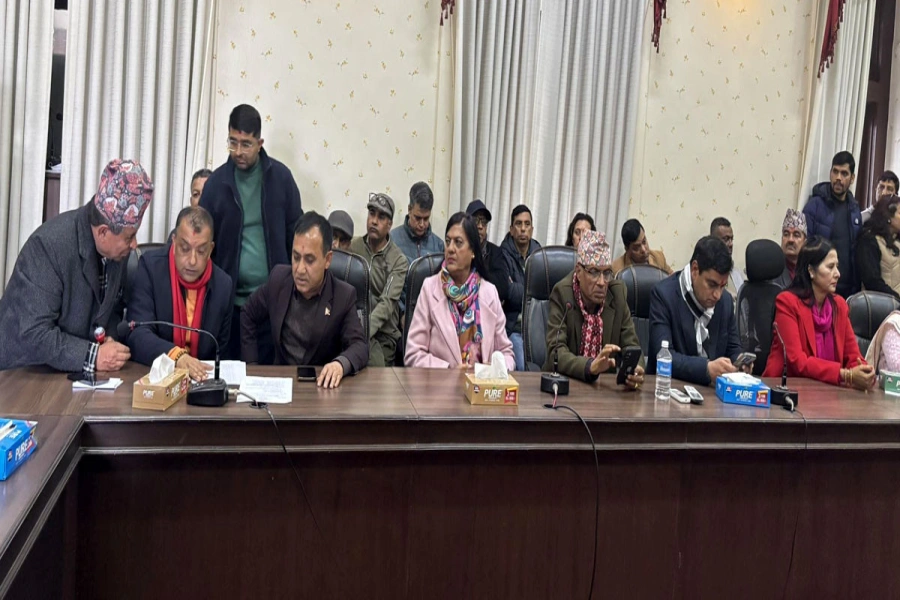Private sector investment is the main driving force of any economy that looks to thrive via achieving high economic growth. It is largely affected by the interest rates on credit flown by the banks. Currently, Nepali commercial banks have been charging their borrowers interest rates as high as 18 percent, compared to relatively lower rates of 17 percent and 16 percent of development banks and cooperatives, respectively. In the past one year, the banks’ interest rates have more than doubled. Commercial banks are the main creator of huge capital formation in an economy. Their exorbitant interest rate is an obvious factor that impedes the country’s infrastructure development. Banks are often blamed for imposing high interest rates to secure huge profits just to please their shareholders. The financial entities, however, undermine the larger opportunity cost, which they face for earning instant profits. They must realize the fact that they are the ones that will share even larger benefits if the country gains an impressive economic growth. The survey reports of the private sector unveil a bleak picture of the economy. Manufacturers of construction materials are operating at 30 percent of their capacity, consumption of essentials has gone down by 18 percent and restaurants’ business by 20 percent, among others. These provide some evidence of how the economy is affected.
Revised interest rate corridor system introduced

No doubt, Nepal’s economy, like many other economies globally, is reeling under one of its hardest times. The surging price index has already taken down the purchasing power of the people. The unfair interest rates have added fuel to increase the market price further. It has taken a toll on new investment for the pipeline projects, which will definitely increase the country’s unemployment figures. The records with the Department of Industry also show that the commitments for investment from domestic and foreign firms to inject more capital were down by 25 percent in the first five months of the current fiscal year. Being the apex monetary authority of the economy and the chief regulator of the financial market, the role of the central bank is crucial to keep an economy on track. In this regard, Nepal Rastra Bank (NRB) should not take a deep slumber, keeping itself away from its prime duty. The NRB was applauded for its commendable work to rejuvenate the economy at a time when the country was hit hard by the impacts of the coronavirus pandemic. The current situation provides the central bank with a new challenge and an opportunity to prove its efficiency. Nevertheless, a direct intervention of NRB will be an unwelcoming move in a free market economy. But policy interventions are always desirable.
In an attempt to right some of the wrongs in the banking sector, the NRB recently reduced the spread rate of banks from 4.4 percent to 4 percent. Over time, its impact could be seen. But this might not be sufficient to solve all monetary problems. The NRB must use its monetary tools at their optimum to address the current problem of high interest rates. While talking about the current scenario, the responsibility of the private sector should not be disregarded in solving the problem. The NRB has been urging the private sector to pay back their dues on time, which many entrepreneurs have ignored. The firms which earn a good amount of profits should not fall behind in paying the monthly installment to the banks on time. This would definitely help the banks to manage their liquidity, which could help maintain a downward pressure on the interest rate to fall. All the three players — the NRB, banks and the private sector — should assume their key responsibilities toward the economy. The NRB must not implement policies just for public stunt. The banks have to keep aside their motive to earn huge profits for now while the private sector must be sincere in financial dealings with the banks. Such collaborative efforts will definitely help solve the current problem that has appeared in the country’s financial sector.






































